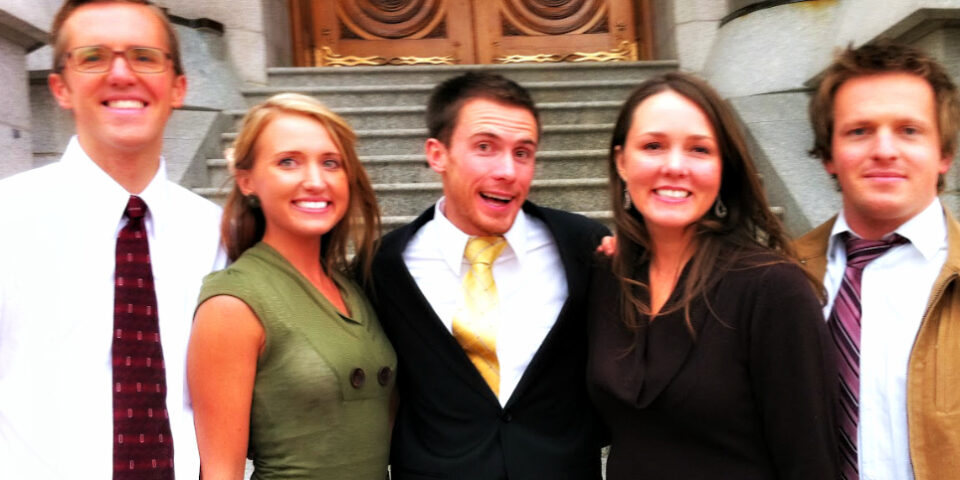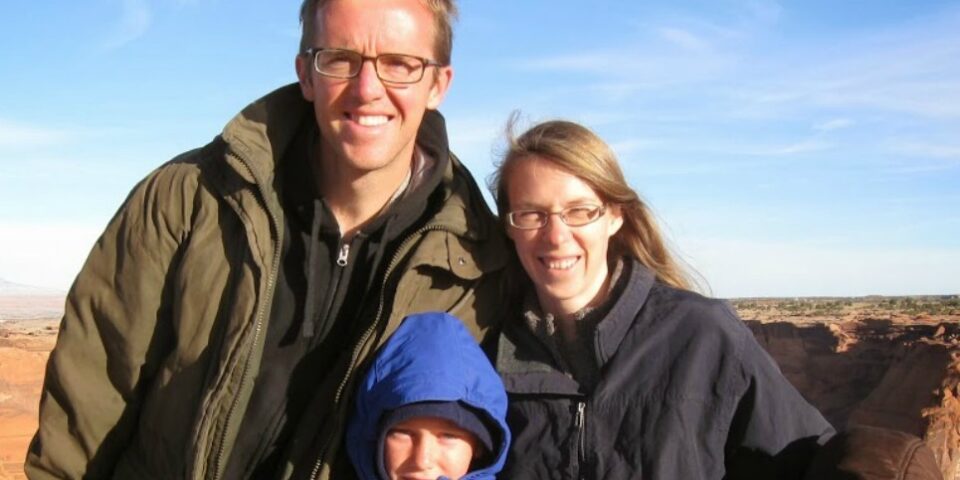I grew up a firm believer in Mormonism, which means that for the most part I earnestly embraced its doctrines and worldview, including its satisfying vision of an eternal family. As I grew into adulthood, I increasingly began to see that there was something missing from this religious system. As I experienced it, the female and the feminine everywhere seemed to be held back by an authoritarian and dominating masculinity. Women were not allowed to express and fully develop their divine nature and potential to the same degree as men–to lead others and think for themselves, to bless and receive inspiration on their own terms.
Gradually the question sank into my heart and led me to search for answers. Although there are probably many different cultural and social factors that have contributed to the status quo, one that attracted my interests while at graduate school was the absence of a viable and effective divine feminine in LDS worship and theology. As my area of study was the Old Testament, I became intrigued by evidence that goddess worship had at one time been acceptable and normal within the culture of ancient Israel and that eventually the female partner of God had been stigmatized and written out of scripture to make room for the new monotheistic and patriarchal deity of early Judaism.
But what was most interesting was that this marginalization of the divine feminine was not total and complete, but that there were hints of a vibrant and dynamic Heavenly Mother standing behind several Hebrew scriptural texts and that one of her titles was the Holy Spirit. Excitedly, I felt a need to share this information with church leaders, as it seemed to me that a reconceptualization of the godhead inclusive of the female would go a long ways to liberating ourselves from a stultified and in some cases damaging theological tradition. And in time I was able to obtain an interview with a prominent General Authority (as well as other priesthood leaders), with whom I shared my research. Even though they were somewhat sympathetic to my complaints about gender issues in the church, they didn’t seem interested in learning about the possibility of finding Heavenly Mother in scripture and emphasized the all-sufficiency of the revelation given through current prophets and apostles.
The experience was pretty disheartening, because I was already struggling with many other concerns and doubts. The official disinterest in learning about something that could be a balm to so many men and women and contribute to religious renewal of the faith, on the one hand, while having been taught my whole life that to understand deity is the crucial first principle of the gospel, on the other, was like being told by my spiritual shepherds that we don’t really believe what we say we believe.
Currently, I am not active in the church because socially, intellectually, and spiritually, I do not feel I belong. But I support my sisters and brothers who are striving for greater equality and spiritual empowerment.
I believe women should be ordained.







